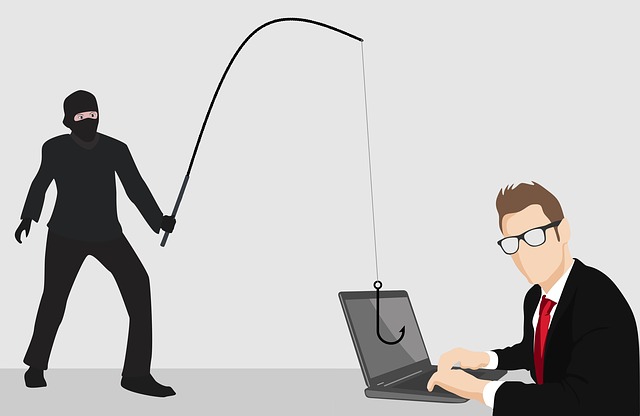Identity theft on the net is a reality. What are the hacker techniques? But also the right things to do to avoid meeting them.
The digital identity (IDN) is all the information that we leave on the Internet whether it is voluntary or not.
While "in the real world", our identity is based on truthful elements (surname, first name, date of birth, gender, etc.), in the "virtual world", we create our own identity.
Internet users have the ability to create a tailor-made identity. Indeed, there are no authority controls to prohibit this.
A digital identity is usually formed by a personal account, an email address and a password. It is very common for users to use pseudonyms which generally are reflections of the real identity. The application of pseudonyms is legal.
Unfortunately, over the years there are more and more cases of identity theft.
Usurpation is the arrogance of something or the exercise of a power belonging to another: the usurpation of function, of identity. Source: Le Petit Larousse 2013
All users are exposed and must apply certain security rules:
- Choose a complex password, mixing letters, numbers, capital letters, special characters
- Keep your passwords to yourself: you don't even share them with your loved ones
- Do not save your passwords in the browser or in your phone
- Do not reuse the same password for different applications
- Regularly check your bank statements to check for any anomalies
Identity thieves want to damage the reputations of their victims. There are different ways of usurpation on the net.
Phishing, one of the means of identity theft
“Phishing”, the best known, is a technique used by fraudsters which consists of sending an email to the Internet user, pretending to be a trusted company such as a bank or a business site. Then, thanks to a hypertext link, the Internet user ends up filling out a form with personal questions.
The forms are certified copies of the originals. Thanks to the information obtained, most often bank data (customer number, bank account number, etc.), hackers can transfer money to another account and even access the victim's accounts.
Damage to e-reputation
Damage to e-reputation is a threat based on defamation and denigration of others.
Take the example of Facebook, where it is enough to post compromising photos or offensive words to ruin a person's reputation. This can have repercussions on a professional level, when a potential employer can have access to this information for example.
In the event that the usurper intentionally causes harm to his victim, he incurs 5 years' imprisonment and a fine of 75,000 euros.
To remedy these situations, Facebook has provided users with a means of deleting or recovering an account that has been usurped. However, the user must be able to prove his identity.
Are you a web victim? Get an online report!


